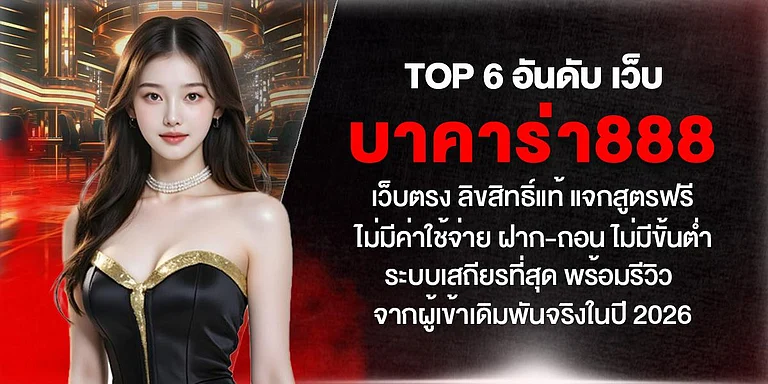My college-going brother used to touch me sexually, in the night, always when I least expected it. My body used to respond. I used to be sexually aroused. I even remember having an orgasm. The abuse occurred in the grey area of being awake and being asleep. My brother was never hurtful and most of the time, very gentle.
-A 27-year-old incest survivor in The house I grew up in.
Human relationships, their intricacies, always resist being hammered into stereotypes. There are no conventional abusers, nor hackneyed victims in homes riddled with secrets of incestuous abuse. These terrible betrayals of love and trust happen in families like ours-maybe even in our own families...
And its this truth that rings clear in the moving testimonies made by five Indian women who suffered childhood incest in the recently released book The house I grew up in. A first-ever record of the experiences of those who survived abusive incest in our well-knit-Indian homes brought out by Delhi-based NGO, rahi (Recovering and Healing from Incest). The book, in fact, is a valuable insight into a ubiquitous problem that a survey report brought out by the NGO in 1998 had indicated-40 per cent of the 600 women respondents between ages 18 to 35 had said they had been sexually abused by at least one member within their family.
The book has these statistics becoming women, victims and survivors. Fraught with conflicting messages about the relationship between love and sex, trust and betrayal in girlhood, the strength of these first-hand accounts is that they make no pretensions at simplifying complex responses children feel when abused. So, a 42-year-old Calcutta-based entrepreneur confesses she started looking forward to meeting her uncle whod begun assaulting her sexually at age 11: "I felt like a woman: special and wanted. At one point of time, sex with him even became stimulating." And a 19-year-old student insists her brother "is not an evil person really" and she "simply cannot label him abuser".
The painful impact abusive experiences in childhood have in adult lives is also recounted. "Sixty years later, I still want to clean myself. I wash my hands 50 times a day... A dog guards my cupboard," says a 67-year-old Calcuttan housewife. Another 39-year-old Mumbai-based entrepreneur analyses for herself: "I sought out sex. In the self-destructive way that only survivors of incest can, in their desperate, terrible attempts to be loved, to seek a sense of self, to regain their lost power. I had many lovers."
Significantly, the five brave women who share with us their pain, guilt and sorrow, all confess to the benefits of speaking out their harrowing experiences. Catharsis is half the cure: "I want to tell all those people whove had similar experiences, please talk about it, bring it out in the open. Your life will change as mine has."
As a first effort to break the silences around an issue, The house... does exceedingly well. But it opens up other grey areas that need to be researched. For instance, the five women featured are from urban, upper-middle-class homes. "Many might use this book to further deny the fact that this happens in ordinary homes. They might say the book proves that incest occurs only in affluent, westernised families," says clinical psychologist Neeru Kanwar. "But in fact, the book urges people to confront, speak out their problems."
Another flaw in the book perhaps is that it excludes male survivors of incest; and in doing so reinforces a stereotype that only the girl child is vulnerable to such abuse. Discounting the fact that no single report is designed to right all wrongs, Radhika Chandiramani of sexual health helpline tarshi says: "Sometimes it is even more difficult for men to talk of the sexual abuses they suffer within the family. Because it is perceived as unmacho, leads to self-doubts regarding their sexuality or, if the perpetrator is a woman then makes them look a weakling."
Anuja Gupta, director of rahi, makes no bones about the expectations she had while putting together these testimonies. She understands that five stories cannot be representative of incest in the entire country, nor be a conclusive commentary on its long term impact. She makes no claims either to the book being a purely scientific research document: "What these stories do, however, is provide a disquieting glimpse into the nature of incest, and how, when not dealt with at its roots, it emerges in adult life in the form of symptoms which seem to have no ostensible link with its occurrence." Most importantly, like Gupta says, the stories talk of the necessity to talk. "Theyre meant for women everywhere, for those whove taken steps into recovery and those who think perhaps theres no way out."


























